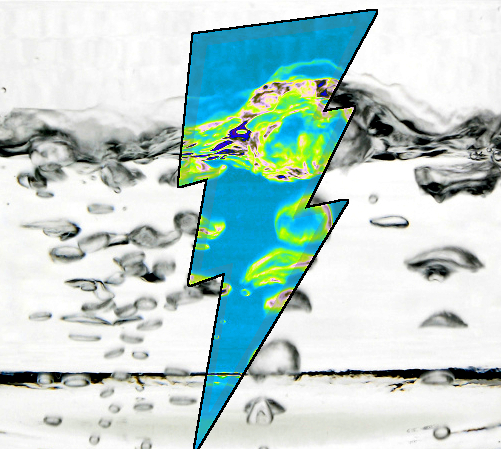Origin bails on hydro-hub
 Origin Energy has pulled out of Australia's flagship hydrogen project.
Origin Energy has pulled out of Australia's flagship hydrogen project.
Origin Energy has announced its withdrawal from the Hunter Valley Hydrogen Hub (HVHH) project, marking a significant setback for Australia's ambitions in the green hydrogen sector.
The decision is a sign of the continuing challenges faced by hydrogen as an emerging alternative fuel, particularly regarding market development and production costs.
Origin Energy, one of Australia’s largest energy companies, cited uncertainty over the timing and pace of hydrogen market development, coupled with the risks associated with capital-intensive projects, as key factors in their decision to exit the HVHH.
The company had been pursuing the project in partnership with industrial giant Orica and had received government support and approvals, positioning the project as a potential cornerstone in Australia’s hydrogen industry.
However, the slower-than-expected development of the hydrogen market ultimately led Origin to halt its involvement.
Speaking on the decision, Origin CEO Frank Calabria acknowledged the company's disappointment but stressed the need for a pragmatic approach.
“We have worked hard to evaluate the investment case for hydrogen and are grateful for the strong government support,” Calabria said.
“We continue to believe hydrogen could play a role in the future energy mix. However, it has become clear that the hydrogen market is developing more slowly than anticipated, and there remain risks and both input cost and technology advancements to overcome.”
The HVHH project, which was intended to produce up to 5,500 tonnes of hydrogen annually using renewable energy, was initially launched as part of efforts to decarbonise the ammonia production process at Orica’s Kooragang Island facility.
The project had also been shortlisted under the Australian Government's Hydrogen Headstart program and had secured grant commitments from both federal and New South Wales governments.
Despite this support, Origin concluded that the economic case for proceeding was not viable under current market conditions.
Origins says its decision also reflects a broader strategic shift towards focusing on renewable energy investments such as wind and solar farms, as well as battery storage projects.
Calabria said that Origin remains committed to decarbonisation but believes that investing in renewables and storage would provide more immediate returns and better support Australia's energy security.
“Ultimately, we believe investments focussed on renewables and storage can best support the decarbonisation of energy supply and underpin energy security over the near-term,” he said.
Orica, which had partnered with Origin on the HVHH, expressed disappointment but signalled its ongoing commitment to hydrogen initiatives.
“While we are disappointed by this development, we respect Origin Energy’s decision and are grateful for the progress we made together in advancing Australia’s hydrogen initiatives. We remain committed to exploring new opportunities in this promising sector,” said Orica CEO Sanjeev Gandhi.
Orica says it remains focussed on ensuring that the facility, and the Hunter Valley region, continue to be competitive in a low-carbon economy.
The company has expressed its intention to continue working with federal and state governments on the transition to sustainable energy, despite Origin’s withdrawal.
Federal Climate Change and Energy Minister Chris Bowen has described Origin’s decision as disappointing but reaffirmed the government's commitment to supporting hydrogen projects.
“Origin's decision is disappointing for the workers and businesses developing the Hunter hydrogen hub,” Bowen said.
“Green hydrogen plays to Australia's unique strengths and remains important to the future of manufacturing and industry.”
The government remains optimistic that its hydrogen incentives will unlock private investment, with the Hydrogen Headstart program alone expected to generate up to $50 billion in private funding.
As it stands, more than 100 hydrogen projects are either in operation or under construction across Australia, representing an investment pipeline valued at over $200 billion.
Origin has indicated that it remains open to exploring other commercial options for the HVHH, though no specific alternatives have been outlined yet.








 Print
Print